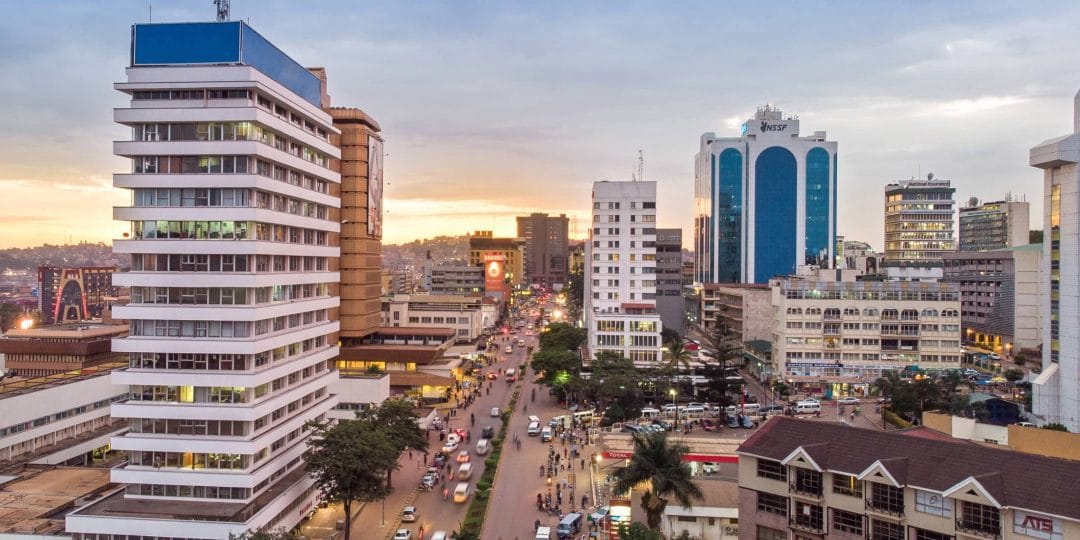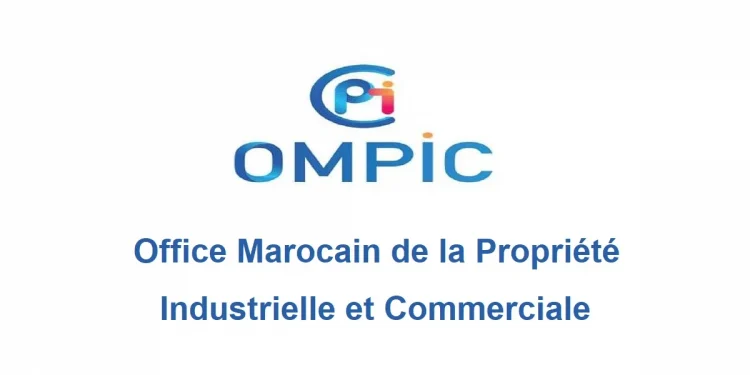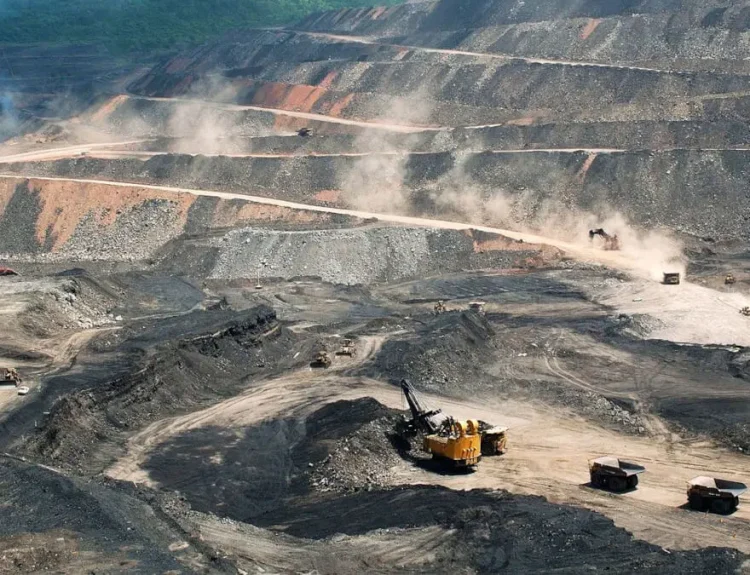The performance of the Ugandan banking sector weakened during the period 2011-2014 due to turbulent economic challenges, and now, due to the COVID-19 pandemic, traders are protesting against high interest rates.
Suppose that both economic and loan growth are low, especially in the private sector. In that case, there is no way the government can solve unemployment because the public will be afraid to seek loans due to high interest rates – and the banks will keep the money as there will be no investments – therefore, leading to closure. of companies, leading to low consumption and purchasing power, static or declining economic growth, high taxes, high prices, demonstrations, strikes, murders, theft, corruption, etc.
It is high time for banks to diversify their portfolio and embrace Islamic banking, reducing their risk exposure in sensitive sectors such as oil and gas, as the world moves towards renewable energy. When oil prices fall, it becomes very risky to hold it as a financial asset, which is why some countries are becoming less dependent on oil and gas production.
The large oil-producing countries are no longer interested in containing production, as they seek to produce and export as much as they can because, in the near future, we see that factors such as climate change, new electric car technologies, clean energy Hydrogen, solar and wind power, and shale will erode long-term demand for crude oil over the next decade as technology makes fossil fuels obsolete.
Saudi Arabia has presented an ambitious but feasible plan called Saudi Vision 2030, which introduces a futuristic $500 billion NEOM development project called “The Line,” which shows what urban cities can look like in the future with zero carbon emissions. carbon, which means no cars or roads.
Source: AllAfrica






